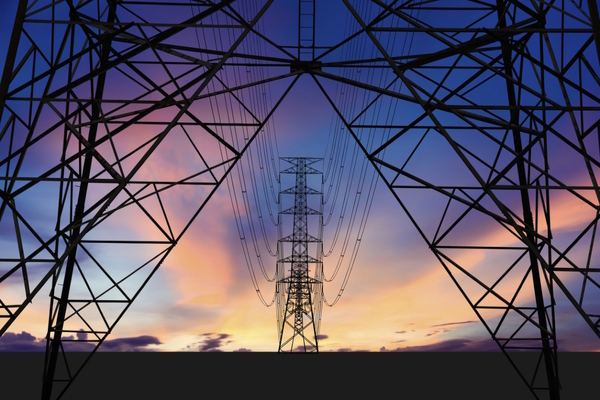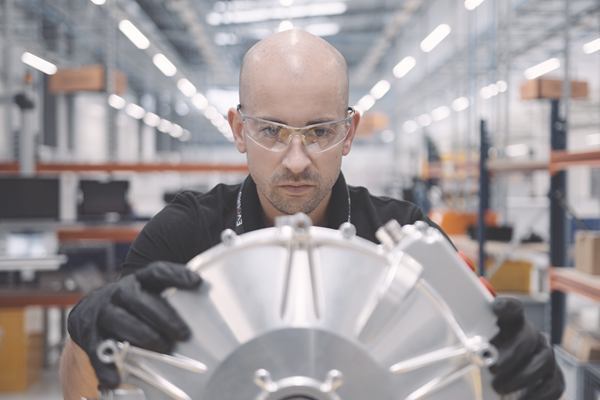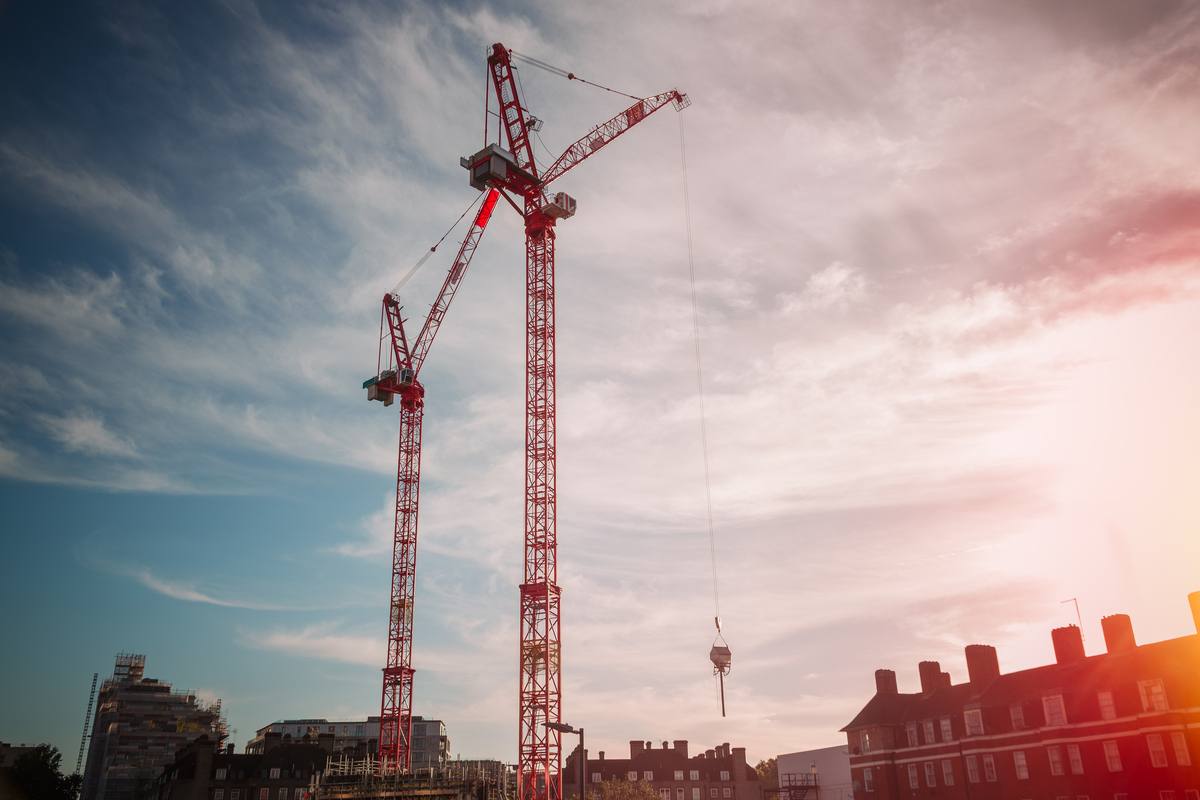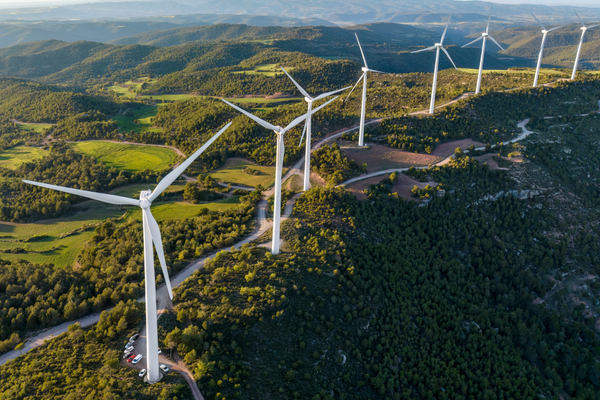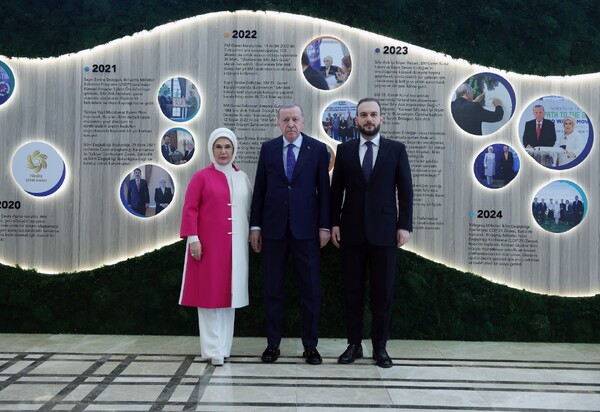Rwanda’s commitment to riparian restoration and the role of bamboo
Sponsored by EcoPlanet Bamboo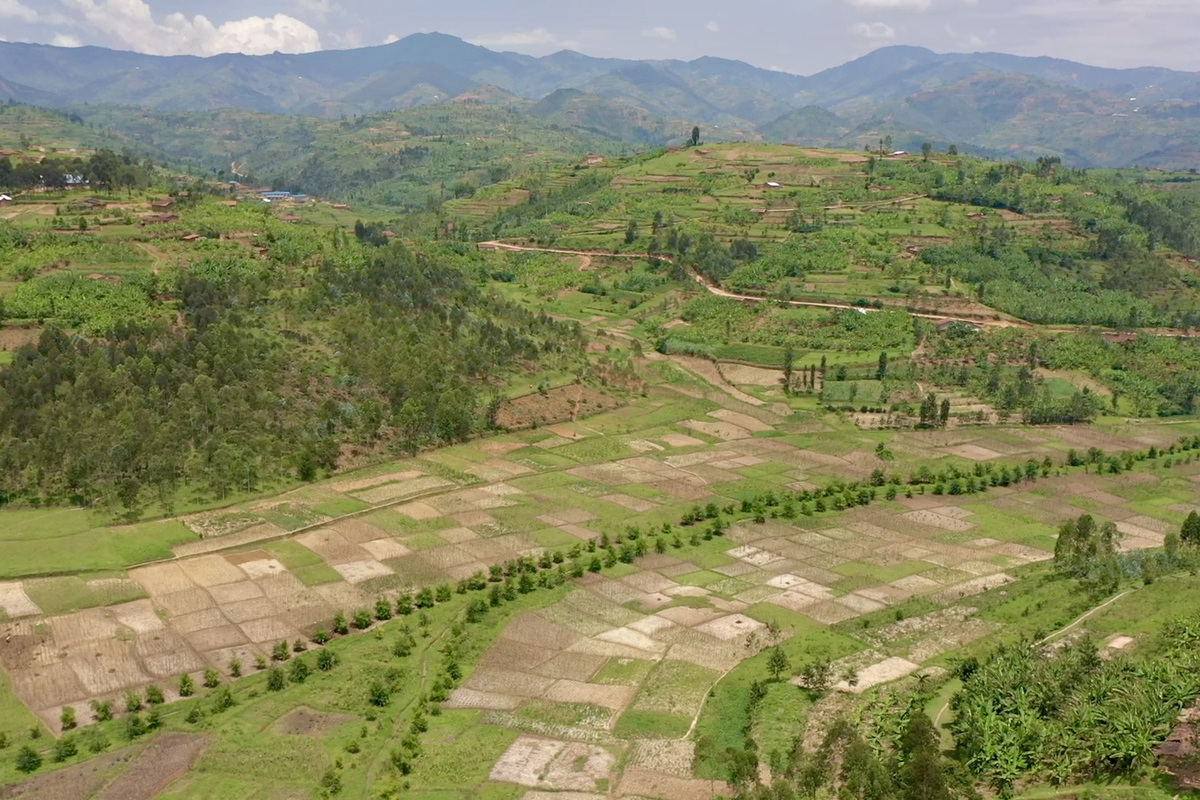
As the small landlocked nation of Rwanda continues to urbanise with a focus on green developments, renewable hydropower energy is playing an increasingly important role in electrification, making up 51.2 per cent of Rwanda’s installed power capacity.
These facilities are, however, highly dependent upon land use practices that occur at extended distances upstream from the plants themselves. As a result, Rwanda’s hydropower potential is limited not by its water resources, but by its intensive land use, comprised predominantly of smallholder agricultural plots in areas of steep terrain, which result in high siltation levels in the water that feeds these hydropower facilities.
Climate change has been compounding the issue. The erratic nature of the region’s rainfall means it is heavier and more intense than normal. This results in increased run-off of water on agricultural land, taking topsoil with it. Increased flow of water within a shorter timeframe results in swollen rivers, which in turn results in increased erosion of the river banks.
Combined, all these seemingly minor events lead to water that is thick with siltation, reducing the efficiency and efficacy of hydropower plants and driving up costs. At the same time, these rivers provide a critical source for drinking water for downstream urban populations, and purification costs are directly correlated to the purity of the water.

As a result, over the past few years the government of Rwanda has made a concerted effort towards the restoration and protection of these critical riparian areas – the fragile pieces of land that buffer rivers and lakes. There is dedicated legislation determining the size of the buffer zone, defined as 50 metres for lakes, and between one to ten metres for rivers, depending on the river’s width.
In 2019 the government began the Secoko Water Catchment Restoration Project, which included six contracting companies and three supervising companies working towards a cohesive restoration strategy for the watershed responsible for feeding the Nyabarongo River, which supplies water to four hydropower plants. The most significant is the Nyabarongo I Hydropower Plant, with a capacity of 28MW.
EcoPlanet Bamboo, a company focused on the use of bamboo to restore highly degraded lands in other parts of Africa and in Latin America, has been responsible for the bamboo component of this strategy. A 150km stretch of small rivers within Ngororero District and Rutsiro District that feed the Nyabarongo River was planted with a single line of dense sympodial bamboos. These “clumping” bamboo species are non-invasive, and instead of growing laterally, their underground rhizome system creates a tight knit clump while the above-ground poles grow quickly, providing a canopy within just 12-18 months. The benefits are both physical, creating a barrier that reduces the flow of soil and organic matter into rivers, and ecological.
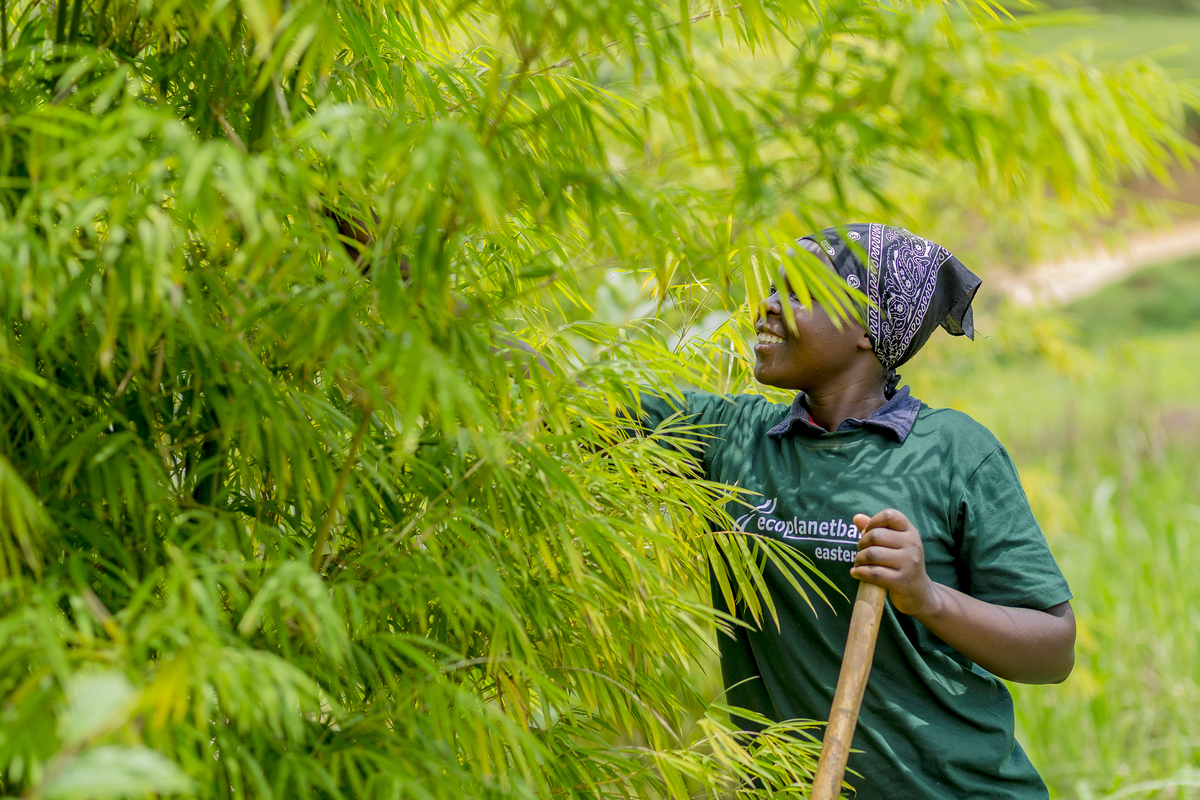
With planting of the Secoko Catchment in 2019 at just 24 months old, the benefits of the bamboo are being felt by the surrounding communities, who cite reductions in soil erosion and control of loss of land to changing river courses as some of the benefits.
Bamboo has been recognised as one of the most effective carbon drawdown solutions on the planet. Its quick growth, long life-cycle and the continued annual production of new poles (culms) contributes to the efficacy of the plant. As with any reforestation efforts, the success and impact depends upon planting the right species at the right time. The Secoko Water Catchment Restoration Project has shown that as a riparian buffer zone, bamboo has a significant potential role to play.
Watch a short video on the Riparian Restoration Project or learn more about EcoPlanet Bamboo

Business Reporter Team
Most Viewed
Winston House, 3rd Floor, Units 306-309, 2-4 Dollis Park, London, N3 1HF
23-29 Hendon Lane, London, N3 1RT
020 8349 4363
© 2025, Lyonsdown Limited. Business Reporter® is a registered trademark of Lyonsdown Ltd. VAT registration number: 830519543
